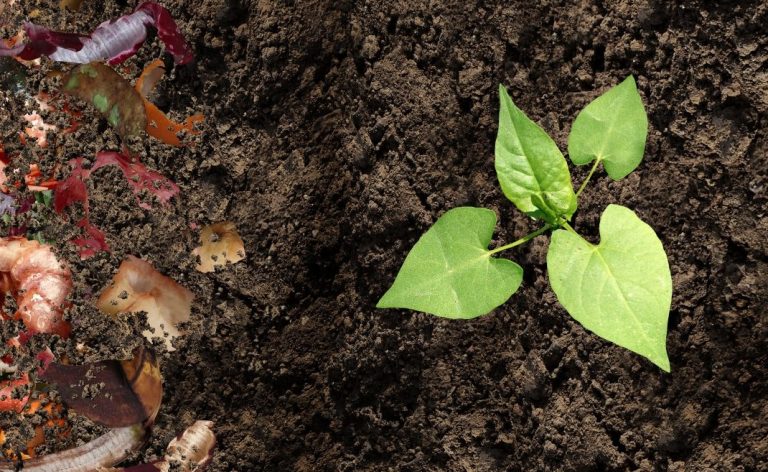AFYREN, a Greentech company that manufacturers natural, low-carbon ingredients produced using unique fermentation technology based on a completely circular model, and SUEZ, a world leader in circular solutions for water and waste management, are working together on a new way of creating value from organic waste.
At a time when nearly 20% of global food production is wasted, limiting losses throughout the value chain and better valorising waste streams is a fundamental challenge. Regulatory developments in France are moving in this direction. A provision of the AGEC (Anti-Waste for a Circular Economy) law on organic waste collection for private households came into effect in January 2024, while at the European level, Amended Directive 2018/851 on the circular economy is set to make this subject relevant across the EU.
ADEME, the French agency for ecological transition, estimates that the average French person puts 83 kg of household organic waste in the garbage every year. The re-organisation of sorting and collection systems will go a long way toward facilitating access to these flows and increasing the amount of organic waste available to be processed.
Using waste from SUEZ’s collection and treatment activities, AFYREN’s process for manufacturing products that can replace petroleum-derived molecules promises to offer an attractive valorisation path and a concrete, circular solution to the decarbonisation challenges faced by a variety of industrial sectors.
The goal of this collaboration between AFYREN and SUEZ is to develop an offer based on this solution that would be complementary to the processes currently in place in France, such as those using bio-waste as amendment or to generate methane for energy purposes.
In concrete terms, SUEZ is drawing on its expertise in organic waste to identify possible sources, while AFYREN is continuing laboratory tests at its R&D facility in Clermont-Ferrand. The two players will also be working on a business model with a view to marketing the solution, provided that it meets their financial and sustainability requirements.
For its part, thanks to this collaboration, SUEZ will be able to strengthen and diversify its range of circular solutions for organic waste recovery. Today, the group converts in France around 2 million metric tons of organic waste into compost every year; 200,000 tons are valorised as biogas in France.
This initiative marks a significant step forward in the collaboration between the two companies, initiated in 2020 as part of the AFTER-BIOCHEM consortium. It is fully aligned with Europe’s ambitious policy on these subjects.



